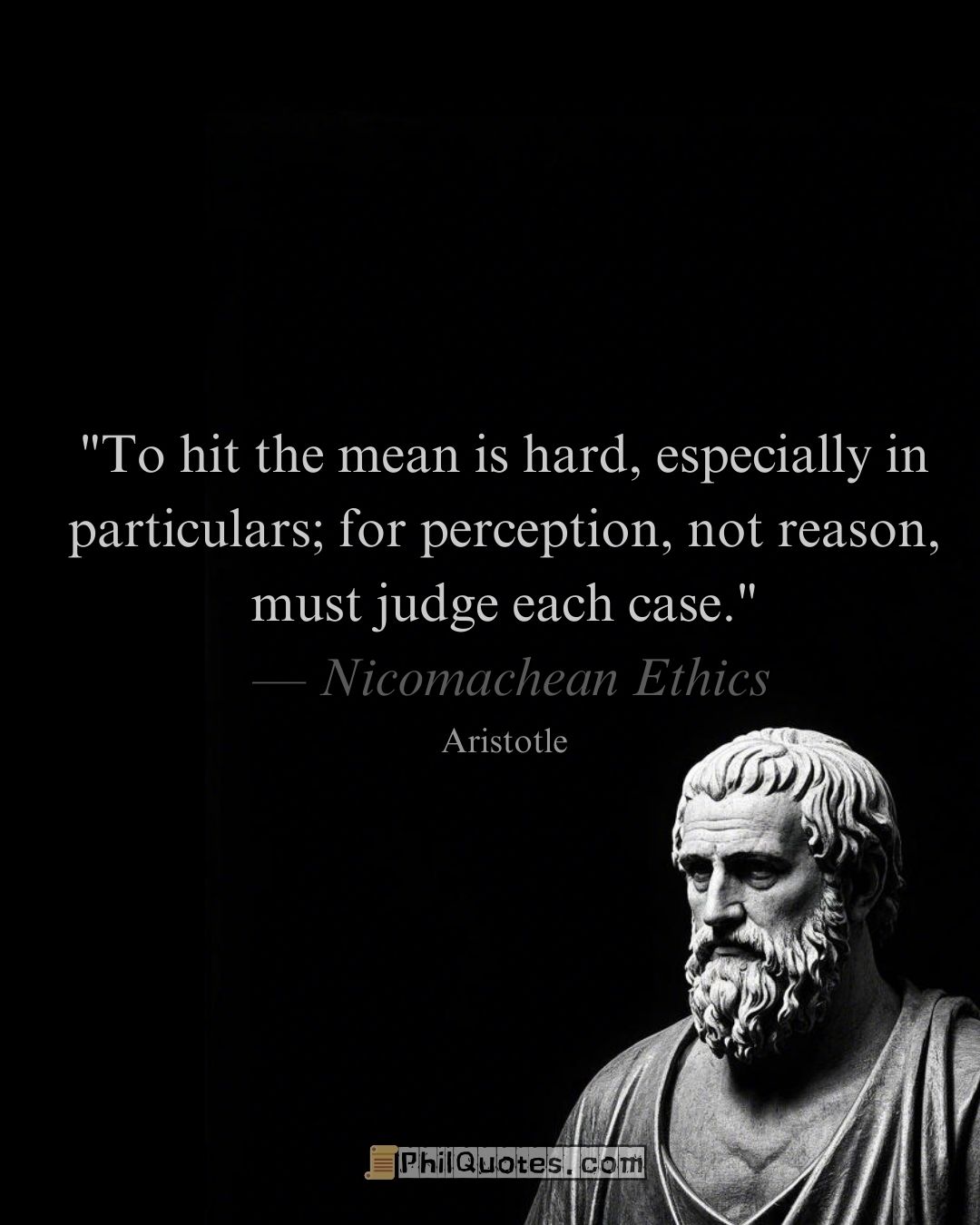
“To hit the mean is hard, especially in particulars; for perception, not reason, must judge each case.”
— Aristotle, Nicomachean Ethics, Book II, Chapter 9
(Translated by W.D. Ross)
🔍 Core Idea
Ethical living is smartphone autofocus — textbook rules (📖) often miss real-life complexity, while situational awareness (👁️) dynamically adjusts. Like night mode cameras balancing light/dark, moral perception tunes choices to context through lived experience.
❗ Why This Matters Today
📚 Exam Ethics
Overstudy: 5hr cram sessions → mental burnout 🚫
Underprepare: Copy homework → academic probation 🚫
Perceptive Mean: 90-min focused study → 15-min TikTok breaks → achieve sustainable A- ✅
📱 Social Media Authenticity
Overfilter: Fake sunset pics → lose trust 🚫
Undershare: Zero posts → miss connections 🚫
Perceptive Mean: Post 1 real sunset/week → caption “Editing: +10% vibrancy” → build transparent influence ✅
🌱 Eco-Action Nuance
Extreme: Shame classmates’ plastic use → isolation 🚫
Passive: Ignore cafeteria waste → guilt 🚫
Perceptive Mean: Bring reusable container + extras → say “Want to borrow one?” → drive peer-led change ✅
🚀 Action Steps
- Context Tracker
Use Notion template:
“Situation: ______ → Textbook Rule: ______ → Adaptive Choice: ______” - 21-Day Perception Gym
- Week 1: Identify 3 rigid habits (e.g., strict screen time)
- Week 2: Replace with 3 context-smart rules (e.g., “Screens OK during group projects”)
- Ethical Focus Group
Form 4 friends → analyze weekly dilemmas → vote Best Context Navigator